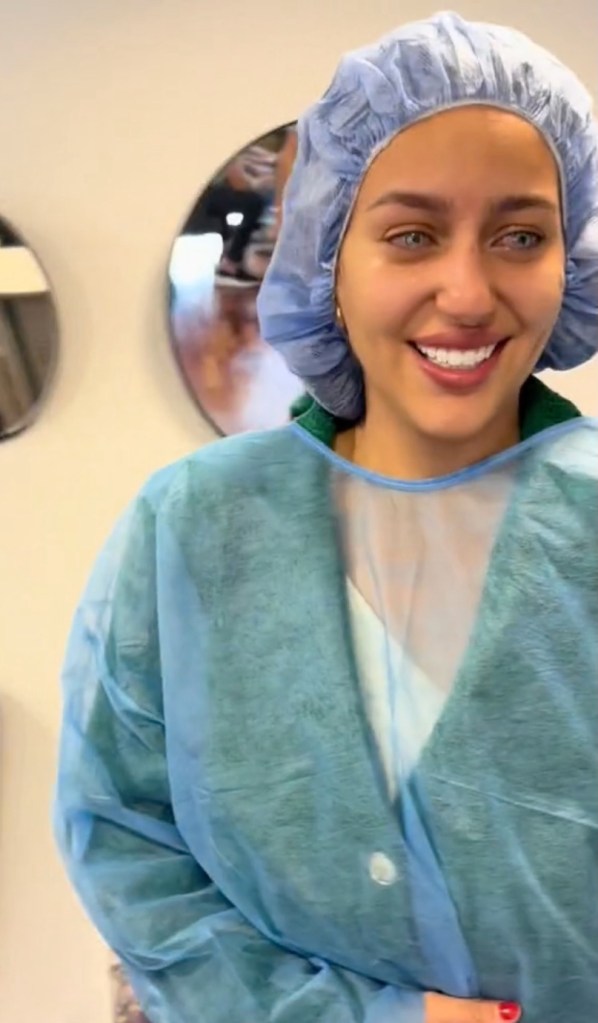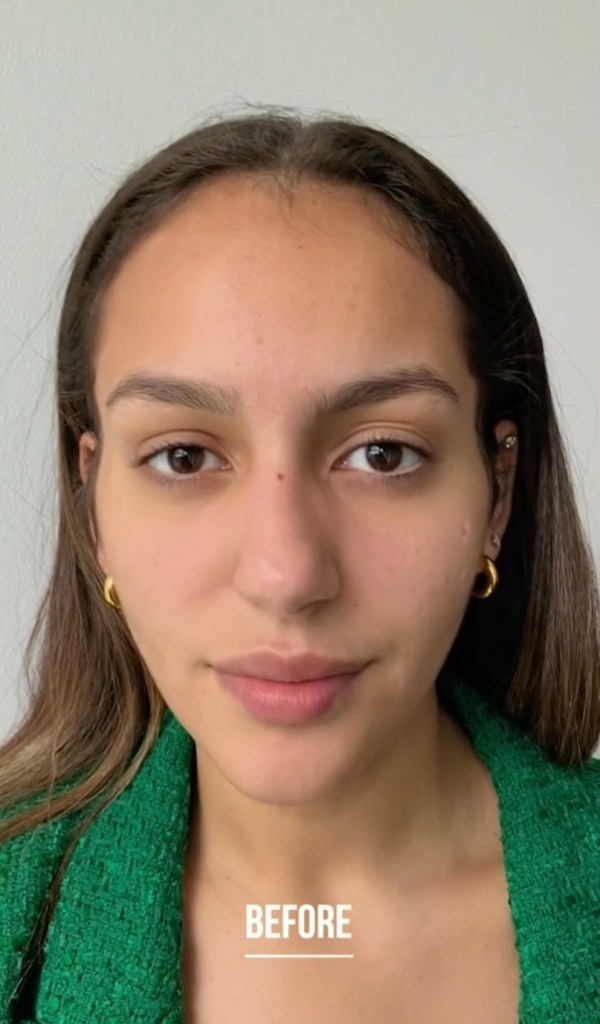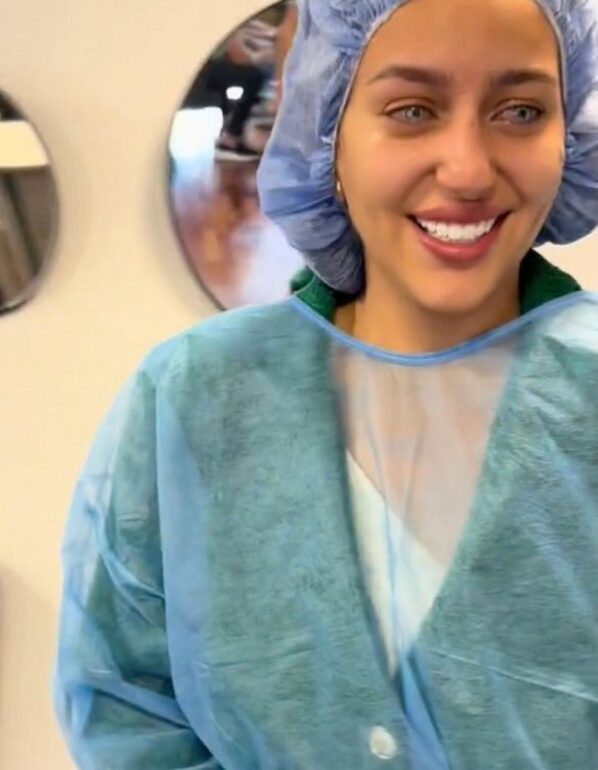Don’t want to be a brown-eyed girl anymore?
If you’re not afraid of the risks, including going blind, iris color-changing surgery, the latest procedure to go viral online, might be for you.
The process, known as keratopigmentation, involves using a laser to create a tunnel in the superficial cornea in order to place pigment, but experts are warning it could lead to many terrifying conditions including blindness — not to mention it’s not approved for cosmetic use.
Just last week, the French company New Color, experts in keratopigmentation, shared footage of one patient who changed her brown eyes to a stark, vibrant blue in a clip scoring 16 million views on TikTok.
Most viewers were gobsmacked by the surgery, likening the after-appearance to a look that could simply be achieved using colored contacts. Others actually bashed the woman’s new iris color as “horrible.”
“Why would anyone want blues eyes,” questioned one person. “I have blue eyes and I can’t even see when the sun is out! My kids all have brown eyes and they be seeing everything.”
“JUST WHY???” cringed another.
“I wonder how that affects the eye with time,” mused someone else.
For one model, it cost her her precious vision.
Nadinne Bruna traveled to Colombia to change her hazel orbs to a bright gray, undergoing a different procedure that uses a silicone implant — only to lose 80% of her vision in her right eye and 50% in her left.
“Before this surgery, my eyes were completely healthy. They were in really good condition. I was so naïve,” she said in 2018, per Healthline.


Dr. Colin McCannel, a professor of clinical ophthalmology at the University of California, Los Angeles, told Healthline that it’s a “bad idea” to pursue “any unnecessary eye surgery” due to the risk of complications.
The complications of keratopigmentation — which is not approved by the Food and Drug Administration — include vision loss, blindness, glaucoma and uveitis, or eye inflammation.
“One of the main issues is that we don’t know enough about the procedure to say whether or not it will cause problems like glaucoma down the line,” Dr. Ivan Schwab, a clinical spokesperson for the American Academy of Ophthalmology, told Vision Center.
This post was originally published on this site be sure to check out more of their content.









